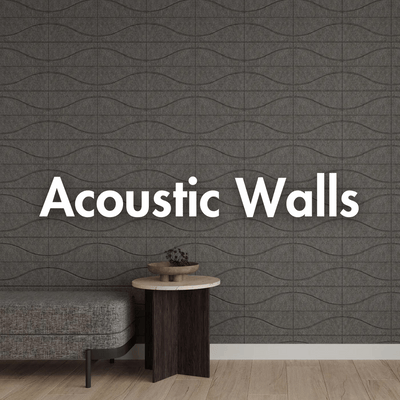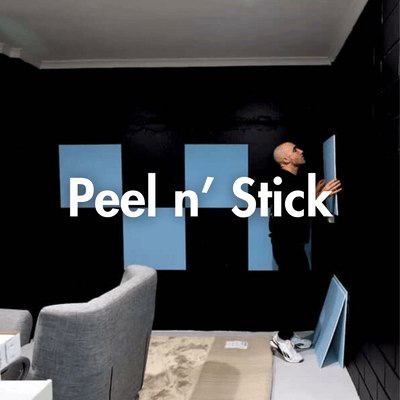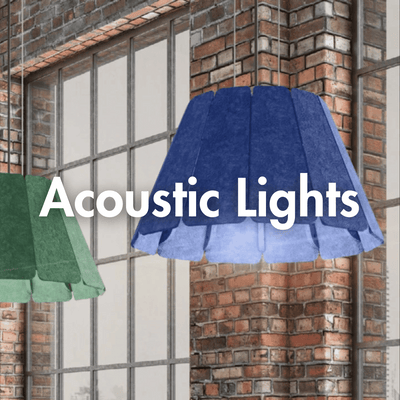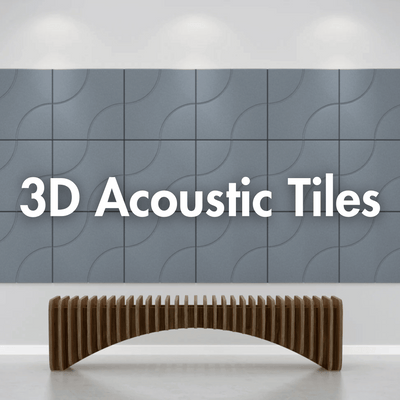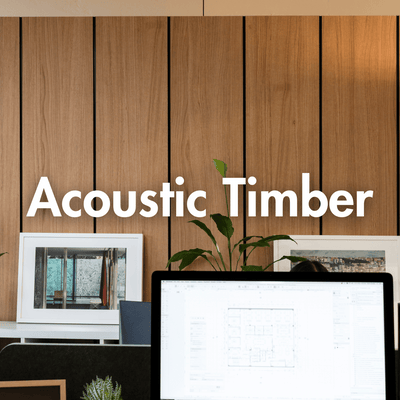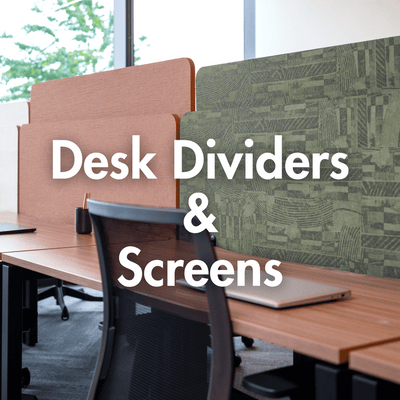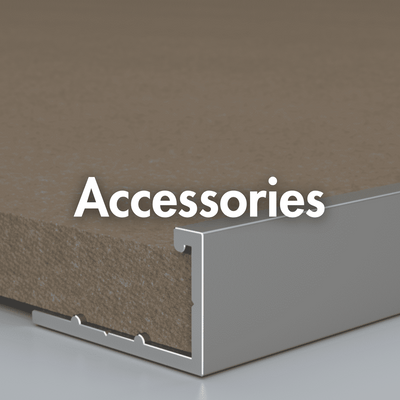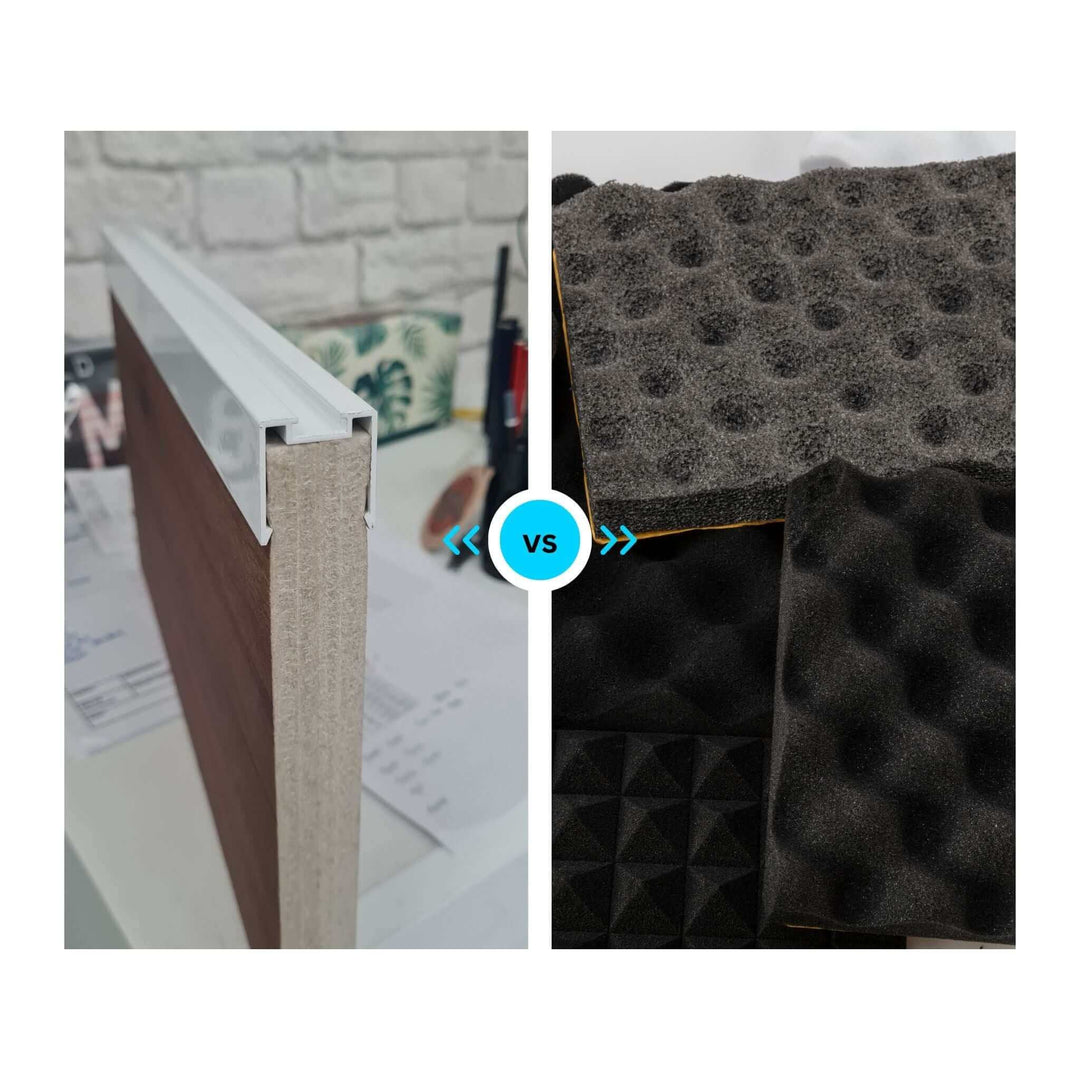Noise Reduction Coefficient (NRC) Ratings Explained: The Key to Soundproofing Success

In our fast-paced, noisy modern world, finding peace and quiet can feel like an impossible luxury. Distracting noises infiltrate our spaces, whether it’s from bustling open offices, to classrooms, halls, studios, podcast rooms, recording studios and loud venues such as pubs and clubs. The key metric that indicates how well a material soaks up or repels sound is called Noise Reduction Coefficient (NRC).
What is the Noise Reduction Coefficient?
Simply stated, a material’s NRC rating signals its effectiveness at absorbing ambient sound rather than allowing endless echo. Similar to a sponge soaking up water, acoustic products with optimal NRC will absorb, capture and mute noise before it bounces loudly around a room.
Fortunately, the science of architectural acoustics provides clever solutions to tame those acoustic annoyances through the strategic manipulation of interior design. Acoustic Sound Products offers quality, tailored solutions that transform loud, echoey spaces into peaceful havens, enabling you to focus on your tasks and providing a more enjoyable workspace.
The NRC Rating Scale
NRC Ratings are measured on a scale running from 0 to 1.
- An NRC of 0 indicates no sound absorption - all noise sharply reverberates.
- An NRC of 1 denotes full, 100% sound absorption with no audible echoes.
- Most real-world acoustic products lie somewhere between 0 and 1.
- Even materials with mid-range NRCs around 0.5 make a notable impact on reducing noise.
Variables That Affect NRC Ratings
The thickness, density, and physical traits of a material significantly impact how well it absorbs different sound frequencies. Laboratory testing accounts for the innate variability across bass, midrange and treble tones when calculating an average NRC rating. When it comes to dampening noise, it’s important to note that dense, thick acoustic materials outperform more porous alternatives such as Gyprock walls, glass doors and windows, ceiling tiles, hard floors and concrete.
A Real-World Testing Process
To calculate authoritative, standardised NRC ratings that allow comparison between products, our team undertakes the following steps:
- Baseline decibel levels are quantified
- We assess each space, looking at the room’s length, width and height, measure hard surfaces such as walls, soft surfaces such as carpet, note the number of windows, doors and walls, and what’s on the floor surface – i.e. carpet vs. hard flooring
- We collate the above information and pass it on to Autex or Acoufelt, who then develop a matrix to demonstrate the NRC rating of your premises
- Based on the above ratings, recommendations are made for amount of coverage and type of product in line with the areas to be covered, utilising hard surface spaces or hanging acoustic products
Enhanced Sound Reduction
With NRC ratings from 0.9 to nearly 1, our quality acoustic products rank among the most effective products for noise reduction. From wall panels to suspended ceilings and beyond, our materials actively absorb echo and ambient sounds.
Transform any space into your own private oasis optimised for productivity and privacy with our customised acoustic sound products. We will inspect your premises and consult with you one-on-one to fully understand your needs and aesthetic. Then we will install tailored sound solutions to suit your design requirements and budget. Whether you need a quiet retreat that encourages creative flow, or an environment secured for confidential calls and meetings, we’ll craft the ideal balanced acoustics.
Our high NRC rating products offer a beautiful improvement to noisy modern life.
Want to find out the Noise Reduction Coefficient rating for your workplace? We can help. Call Tony at Acoustic Sound Products on 0405 702 422 to arrange your consultation.
FAQ's
What is the Noise Reduction Coefficient (NRC)?
The Noise Reduction Coefficient (NRC) is a metric that measures how well a material absorbs sound. An NRC rating ranges from 0 to 1, where 0 means no absorption (all sound reflects) and 1 means full absorption (no echoes).
How is the NRC rating calculated?
NRC ratings are determined through laboratory testing, assessing a material's ability to absorb sound at different frequencies (bass, midrange, and treble). An average NRC rating is then calculated to represent the material’s overall sound-absorbing effectiveness.
What NRC rating should I look for in acoustic products?
For effective noise reduction, look for NRC ratings around 0.7 and above. Products with an NRC rating close to 1 provide superior sound absorption, ideal for reducing echo and enhancing privacy.
How do material properties affect NRC ratings?
The thickness, density, and physical traits of a material impact its NRC rating. Dense, thick materials typically absorb more sound across different frequencies than porous or thin materials.
How do NRC-rated products improve a workspace?
NRC-rated acoustic products absorb ambient noise and reduce echo, creating a quieter and more focused workspace. This leads to increased productivity, improved privacy, and a more comfortable environment.
Are NRC ratings the same for all types of acoustic products?
No, NRC ratings can vary between different types of acoustic products due to their material composition, density, and thickness. For example, wall panels and ceiling tiles may have different NRC ratings depending on their design.
Can NRC-rated products help with soundproofing in loud venues?
Yes, products with high NRC ratings are particularly effective in loud venues such as pubs and clubs, helping absorb sound and reduce reverberation, which creates a more enjoyable atmosphere for guests.
How can I find out the NRC rating needed for my space?
Acoustic Sound Products can assess your space to determine the appropriate NRC rating for optimal noise reduction. Contact us to schedule a consultation and get tailored recommendations for your environment.
Do all materials have an NRC rating?
No, not all materials are tested for an NRC rating. Acoustic materials, such as wall panels and ceiling tiles, often have NRC ratings, while standard building materials like glass or concrete usually do not, as they aren’t designed for sound absorption.
How can Acoustic Sound Products help with NRC-rated solutions?
Our team will evaluate your space, recommend NRC-rated products suited to your needs, and provide professional installation for effective noise reduction tailored to your design and budget.
